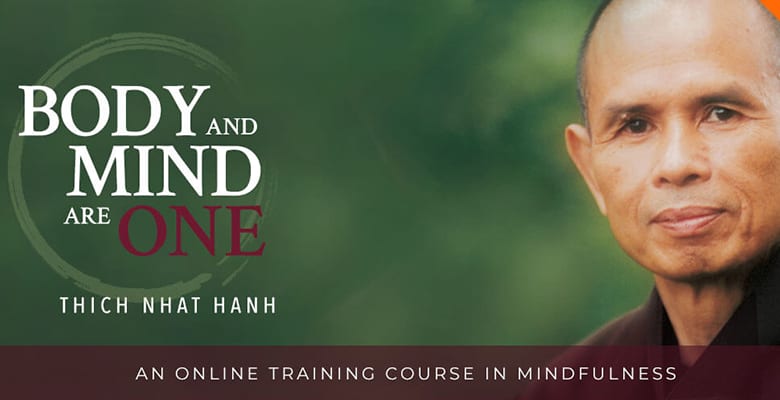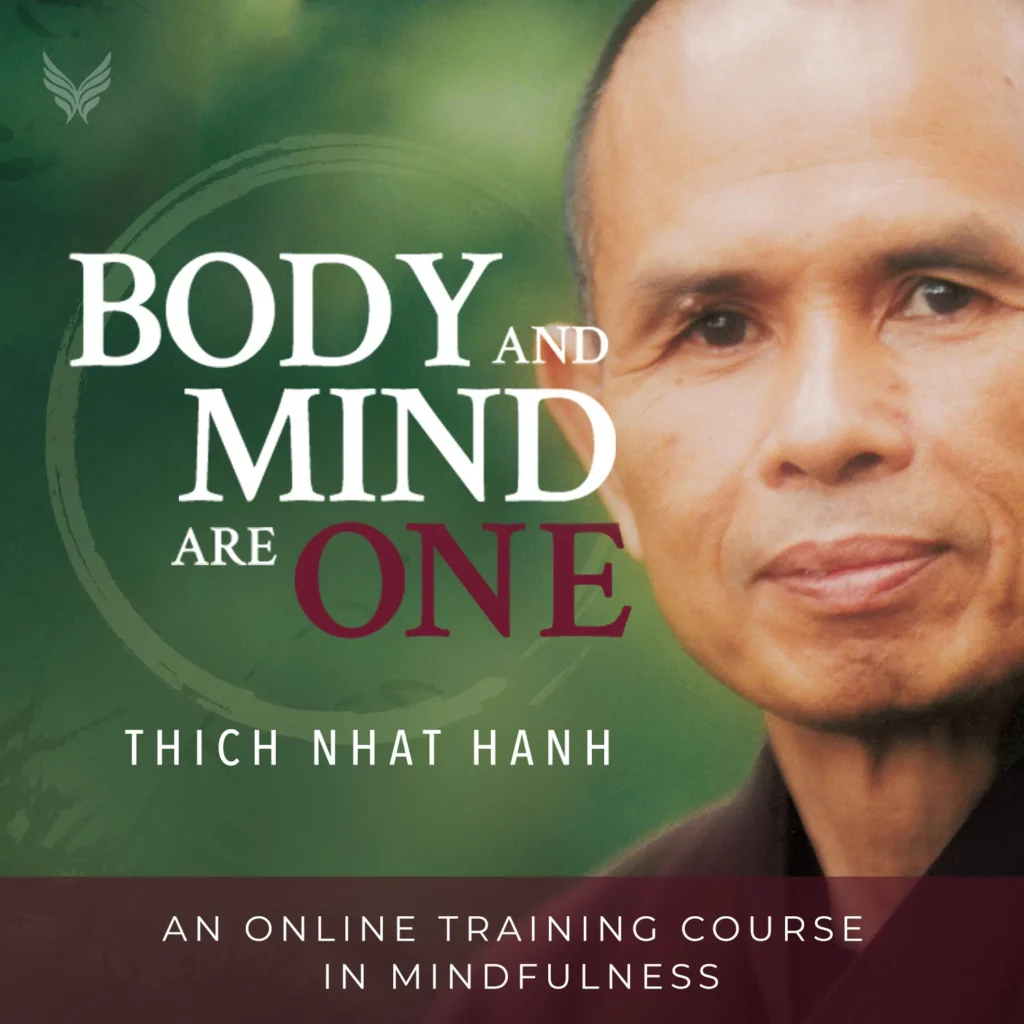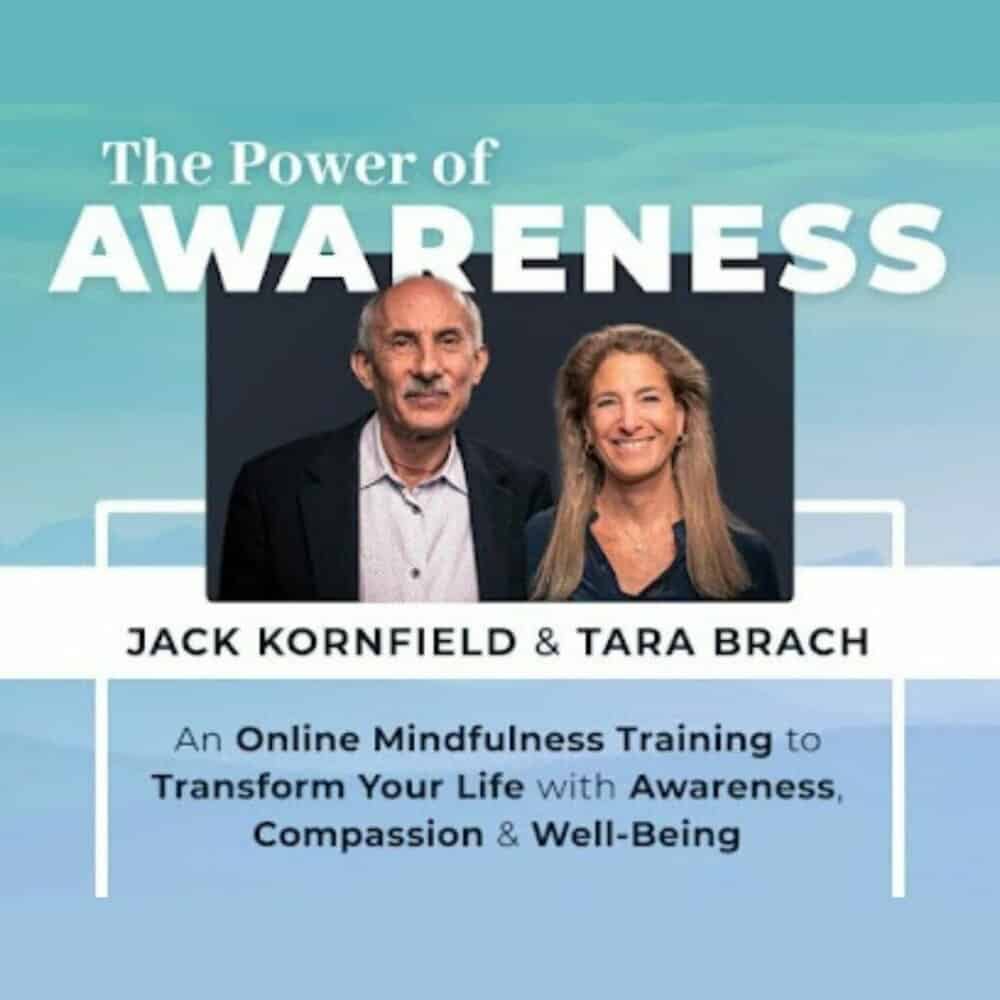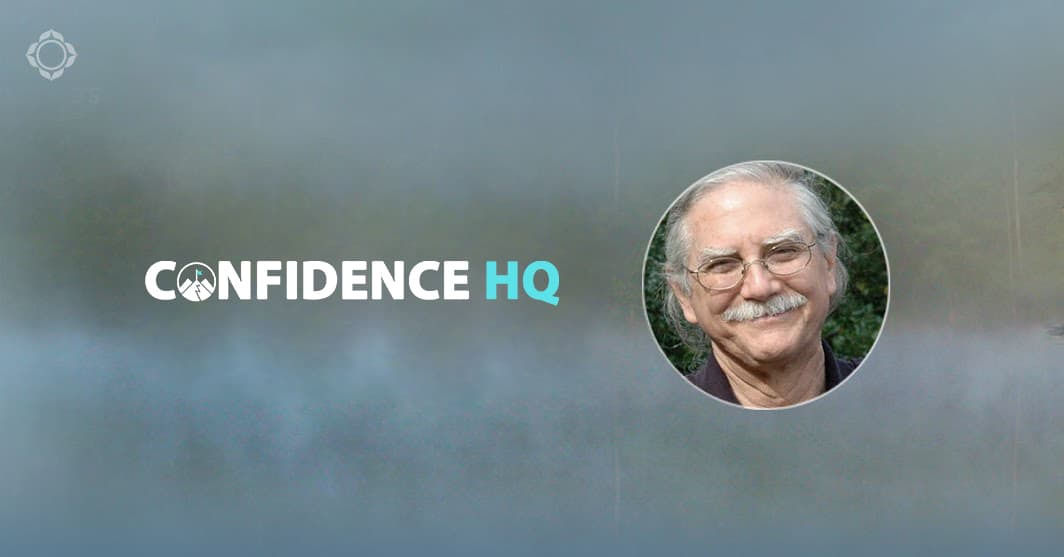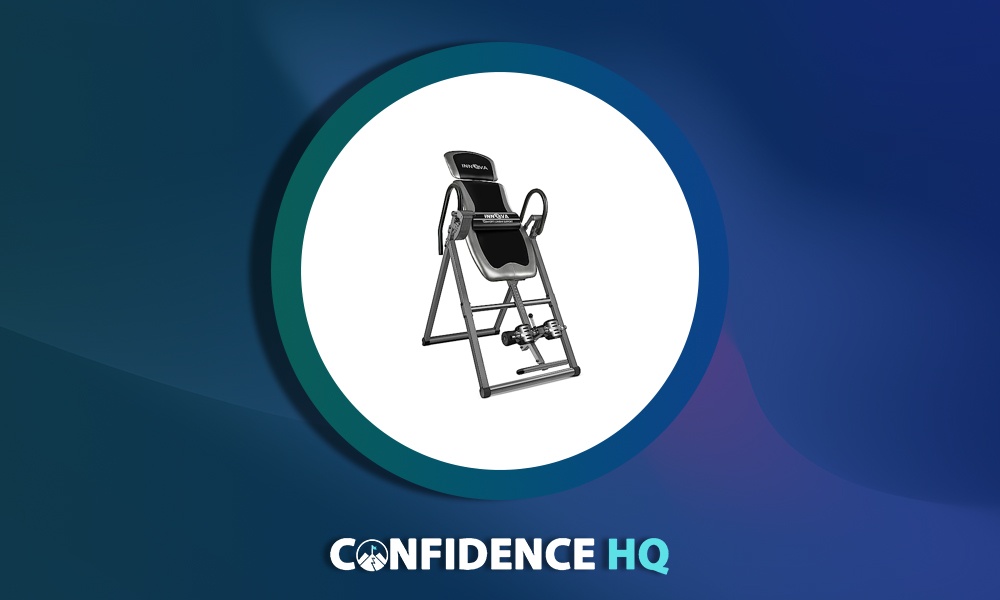Meditation is an incredibly popular topic in recent years (or should I say decades?)
However, there might still be some confusion as to how it works and what it actually entails.
One question a lot of people seem to ask is: Is mediation just focusing?
Well… If you want to know the answer, you’ve come to the right place!
Because in this article we’ll get to the bottom of it, let’s go!
Table of Contents
Is Meditation Just Focusing?

There are a lot of different types of meditation, so whether or not the meditation predominantly involves focusing depends on the one you choose.
Some popular types of meditation are:
- Zen meditation
- Mantra meditation
- Transcendental meditation
- Yoga meditation
- Vipassana meditation
- Chakra meditation
- Qigong meditation
- Sound bath meditation
- Focused attention
- Body scan
- Noting
- Visualization
- Loving-kindness
- Skillful compassion
- Resting awareness
- Reflection
While the goal of some of these meditation types might be to focus your attention on a certain object (such as your breath, heartbeat, or the stillnes) other types of meditation involve visualization, noting, reflecting, or simply resting.
So, meditation does not (always) involve focusing, it all depends on the type of meditation you are practising.
RELATED: Is Meditation A Bit Like Dreaming?
Is Meditation Clearing Your Mind?
As we discussed, the actual process of meditation depends entirely on the type of meditation that is chosen.
Focused attention meditation and Zen meditation are 2 types of meditation that mainly involve clearing the mind.
With these meditation techniques, you draw your attention away from your mind by focusing on a different object (usually your breath).
By drawing attention away from your mind, it starts to settle down and become more clear.
What Is Focused Meditation?

Focused meditation is very straightforward.
Because it employs the object of our breath to concentrate attention (in order to anchor the mind and retain consciousness), it is very quite easy to do.
Whenever you feel your thoughts beginning to stray, you simply come back to the breath. This will enable you to stay in the present moment.
Similar to mindfulness meditation approaches, you usually concentrate on sensory inputs including noises, visual objects, tactile sensations, tastes, scents, and even your own breathing.
There are only a few simple steps to starting your practice, which will become more natural over time. Start with five-minute sessions and progress to longer ones as you get more used to the exercise.
- Choose a goal to concentrate on.
- Put yourself in a relaxed position.
- Unwind your body.
- Focus on the object you’ve selected.
- Quiet down your inner voice
- Let go of any sense of worry
How Meditation Can Help You Focus

A research paper written by Steve Bradt from Harvard, concluded that our minds are lost in thought almost 47% of the time.
These thoughts frequently come to people’s minds when they are either reflecting on the past or worried about the future.
While the latter might result in tension and worry, the former can create depression and despair. The feelings may become too strong if they are neglected.
Practising meditation can drastically decrease these senses of worry or regret.
According to Columbia University Medical Center researchers, relaxing during meditation can alter the brain’s structure and function, which can:
- Reduce tension, worry, and depressive symptoms
- Boost awareness and mental attention during learning
- Boost your memory and focus
- Improve your immune system and your physical and mental toughness.
- Enable better sleep
Meditation For Productivity And Focus

Although it wouldn’t be the first thing on people’s minds to increase productivity, meditating for productivity is actually a thing.
A productivity meditation can improve your work performance in a variety of ways.
According to studies, meditation is linked to structural changes in the brain’s processing centers for thought and emotion.
Increased cortical thickness, or more gray matter, is a change that has been linked to better working memory and capable executive decision-making.
You may stay on task for longer by practicing meditation, which helps clear your mind and improve your focus.
Meditation aids by lowering tension, which may cloud the mind and prevent us from operating at our best even on those hard days.
So, meditation not only improves our ability to focus, but also reduces the amount of mental work required!
Conclusion
So, does meditation simply involve focusing?
As we discussed, there are lots of different types of meditation.
Some predominantly involve focusing on an object (such as the breath) while others relate to visualizing, relaxing, or reflecting.
In the end, you shouldn’t worry too much about which meditation involves what, simply choose the one that you feel is best and yields the best results!


